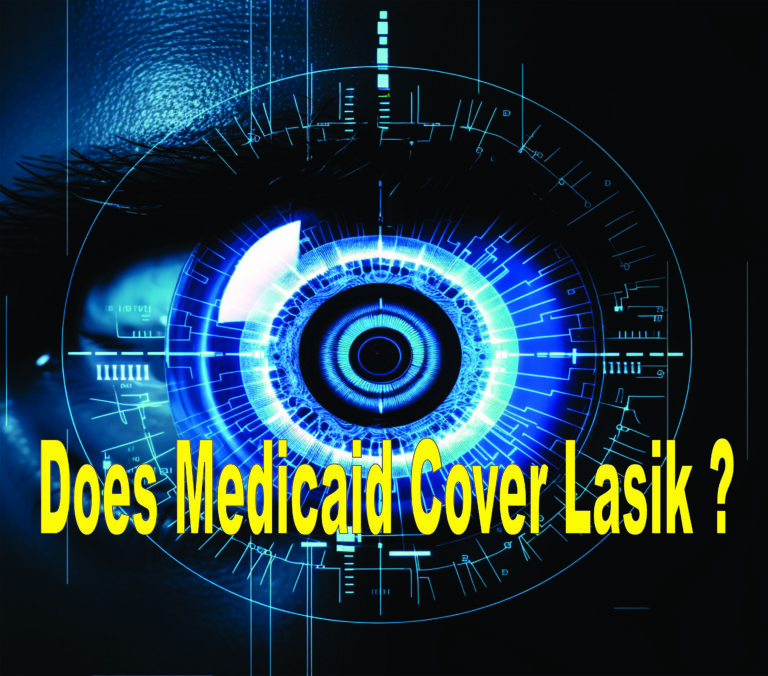Health Insurance For Single Moms Or Dads

Last Updated on January 25, 2024 by Lori Pace
It can be difficult to be a single parent. Single-parent health insurance can make it difficult to find the right coverage for your children. It is crucial that your family has coverage for both preventative and emergency care. This means that single moms or dads need to find the best health insurance for themselves and their children.
Having navigated the healthcare system as a single parent, I’ve seen firsthand how the Affordable Care Act has made a real difference, providing affordable Health Insurance options for many who were previously struggling to find coverage. In the past decade, health insurance has rapidly increased for single parents and their children. Single parents have access to a wide range of private and federally subsidized options. This is what you need to know to help you find single-parent insurance.
Health Insurance Options For Single Moms
Is it possible to find single-parent insurance that is affordable? These programs can come from both governmental programs as well as private companies. One of the most common options for single moms’ health insurance is:
- Provider-provided Health Insurance
- Individual Family Health Insurance
- Medicaid
- The Children’s Health Insurance Program, (CHIP).
- Health insurance for short-term
- The parent’s insurance policy
Employer-Provided Health Insurance For Single Moms
I’ve been in situations where my employer offered health insurance, which can be a valuable option. It’s important to note that your employer’s health insurance should be transparent and within your budget. If so, you can be covered for yourself and your children through employer-sponsored insurance. An employer purchases health insurance and offers it to employees and their dependents. Single parents can get insurance coverage through this program. It’s very popular among Americans as approximately 155 million people get their health insurance through their employers.
The Affordable Care Act (ACA) states that your contribution to your employer’s health insurance must not exceed 9.5% of your annual household income. You may still be eligible to receive ACA subsidies, but your employer-sponsored plan may not be affordable.
Individual Or Family Health Insurance
Based on my personal experience and research, I can confirm that healthcare.gov and private exchanges can be valuable resources for single parents seeking health insurance. It’s important to understand how these platforms work to make informed choices. The Affordable Care Act (2010) expanded Medicaid in 38 states. It also provides subsidies to lower-income households who are interested in coverage. This assistance may allow you to obtain individual insurance (for you only) or family insurance that covers your dependents.
Open enrollment allows you to check the health insurance exchange for individual and family options. This is a good idea as your options may change depending on your individual circumstances. I’ve personally seen how changes in life circumstances, like getting married or adding a child to your household, can impact your health insurance options. It’s important to stay informed about how these changes can affect your coverage. Or, there may be new options if you add a child to your household. It’s important to stay current with all the available health insurance options.
What To Expect
Your new healthcare plan might be able to include your child as a dependent if they are eligible to claim them as dependents on their taxes. However, it is important to know the requirements to add your children as dependents to your existing health insurance plan. You can have two different health insurance plans if you don’t get the right coverage from one provider. This will give you primary insurance that covers your coverage. The remainder of your bill is paid to secondary insurance sources, which may pay some or all of it up to the limit. In some cases, bills that exceed both of these limits will need to be paid out-of-pocket.
Medicaid Health Insurance For Single Moms
Medicaid is a government program that offers low-cost or no-cost healthcare coverage for certain populations. These include insurance for single mothers, children, seniors, persons with disabilities, and others. The base program covers many types of care. In my experience, some health insurance plans may require you to purchase additional benefits like prescription drug coverage separately. It’s essential to understand the details of your plan to ensure comprehensive coverage.
Who Qualifies For Medicaid
You can find information about health insurance in your state. Some states expanded Medicaid coverage to single parents with incomes below 138% of FPL when the Affordable Care Act was passed. This is $13,590 for a household of one. For each additional person living in the house, this number increases.
For Medicaid eligibility, your monthly income is used. You may still be eligible even if your income drops temporarily for several months. Even if your annual income exceeds the cutoff, this is still possible.
Exemptions
Even if you don’t meet the financial requirements to apply for Medicaid, you can still apply. Certain exceptions apply, even for pregnant women or those with children. You can apply for Medicaid at any time during the year, as there is no open enrollment period. You can apply through the Medicaid agency in your state or an insurance marketplace. Certain documents are required, including:
- Age verification
- Financial records
- Documentation proving citizenship or state residency
- Information about other types of health insurance you might have
CHIP
CHIP is another option for single parents to get health insurance. If you are eligible, you can get free or low-cost insurance for single parents through CHIP. With CHIP, you can expect to receive free well-child doctor visits. Other services are subject to a fee cap of 5% of the family’s annual income.
You must prove that your child is:
- Below 19 years old
- U.S. citizen, or meets state requirements for immigration status
- Resident in the state they are applying
- Uninsured under a group plan, Medicaid, or any other credible insurance
- Eligible for the state’s requirements regarding household income
These requirements can be as low as 170% to 400% below the federal poverty level. CHIP is now available in certain areas to provide health insurance for single mothers and single fathers. Our more in-depth article provides more information about Medicaid.
Navigating Short-Term Health Insurance as a Single Parent
For single parents who have no job or are waiting for coverage to start, short-term insurance can be a great choice. These short-term insurance plans can be a great way for you to fill in any gaps in your coverage and provide you and your family with a safety blanket in the event of a medical emergency.
If you are looking for quick coverage, this is the best option. While short-term plans may be cheaper than individual or employer-sponsored plans, they often provide less comprehensive coverage.
Staying on Your Parent’s Insurance: A Personal Perspective
Most states allow you to stay on your parent’s insurance until you turn 26. Adult children can stay on their parent’s health insurance plan until they turn 26. This applies to married or unmarried adult children. I want to emphasize that staying on your parent’s insurance plan until you turn 26 is an option you can consider. I’ve learned that it’s crucial to make sure you are included in your parent’s insurance plan during the open enrollment period to maintain coverage.
This insurance does not cover your child. To ensure your child’s coverage, you will need to buy insurance.
How Much Does Single-Parent Health Insurance Cost?
From my experience, I’ve found that the costs of single-parent insurance plans can vary significantly based on factors like location, the number of dependents, and the type of plan you choose. As of 2020, I found that the average monthly cost of an individual’s insurance policy was approximately $456. However, keep in mind that costs can vary based on factors like location and plan type. I know from firsthand experience that as a single parent with a very low income, every dollar matters. Some healthcare options may be affordable, even costing just a few dollars per month. Exploring these options can provide valuable financial relief.
You should also carefully read the fine print regarding bronze, silver, and gold-level healthcare plans. You may find it more beneficial to look for insurance that has a higher monthly price, depending on your medical history and the potential challenges you face. These plans may offer higher copays and a greater cap.
Starting Your Health Insurance Journey
I understand that health insurance decisions are highly personal, especially for single parents. It’s crucial to consider your specific needs and circumstances, which I’ve personally encountered when choosing the right plan. You, as a single parent, have specific concerns that you must address for your child and for yourself.
eHealth, a platform I’ve personally used, makes it easy to find the best health insurance plans tailored to your unique family needs. It also meets your financial needs. Regardless of your financial situation, eHealth’s highly qualified agents will help you find a plan that suits your needs. eHealth is the largest online insurance brokerage. It allows you to easily compare a variety of health insurance plans for no additional cost. Based on my own experience, I recommend reaching out to a licensed agent for personalized guidance on finding the best health insurance plans for your family. They can provide valuable insights tailored to your specific needs.








